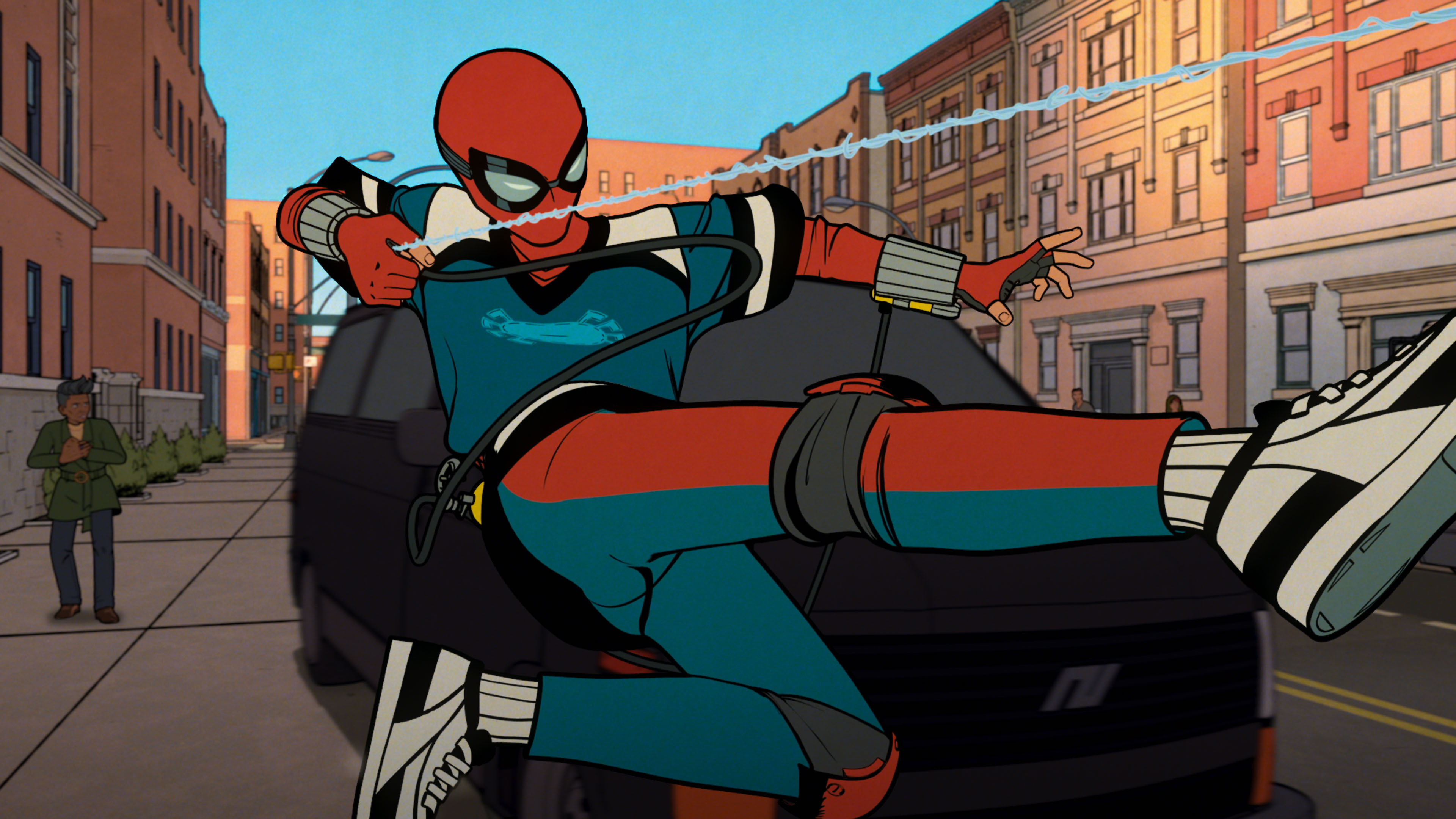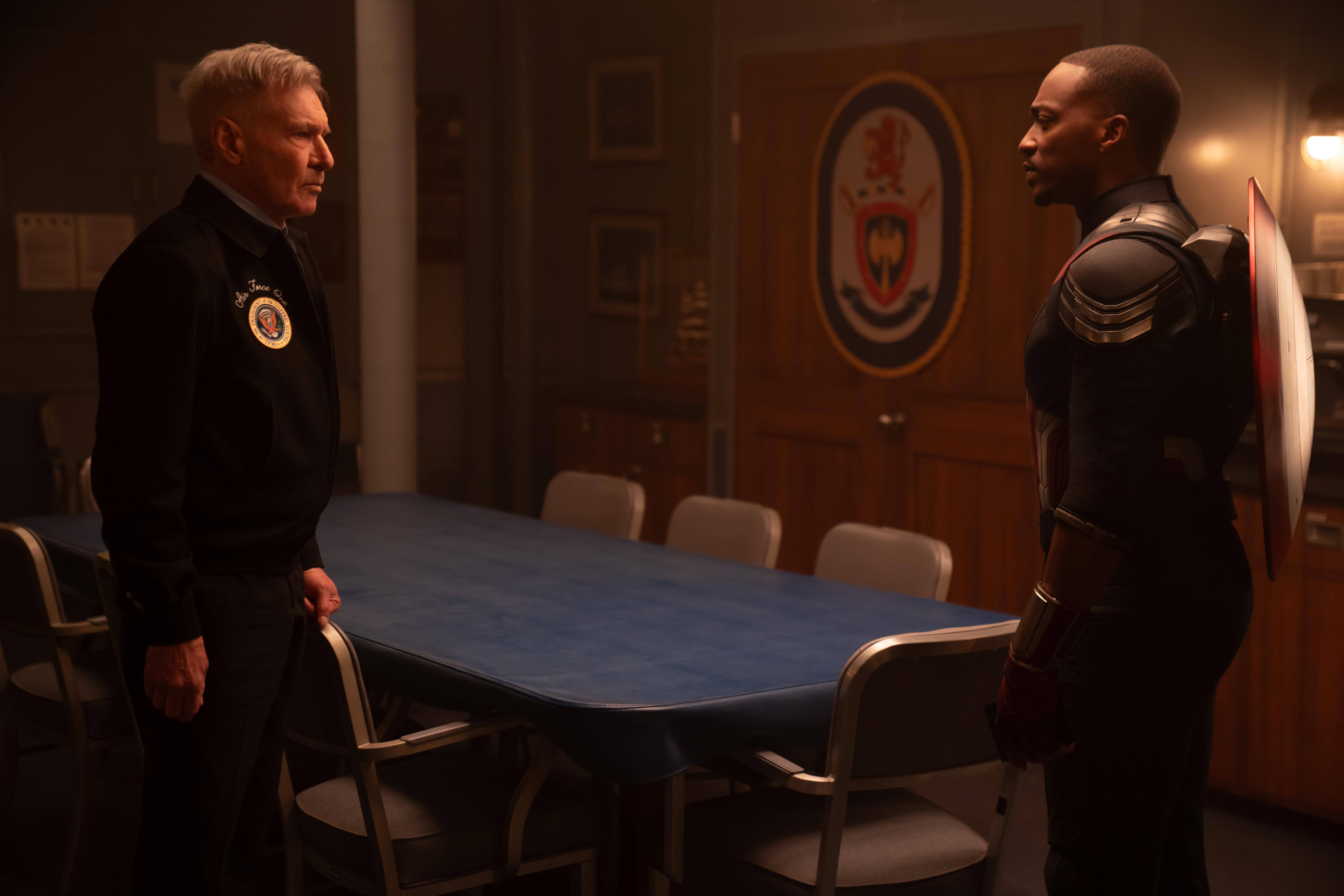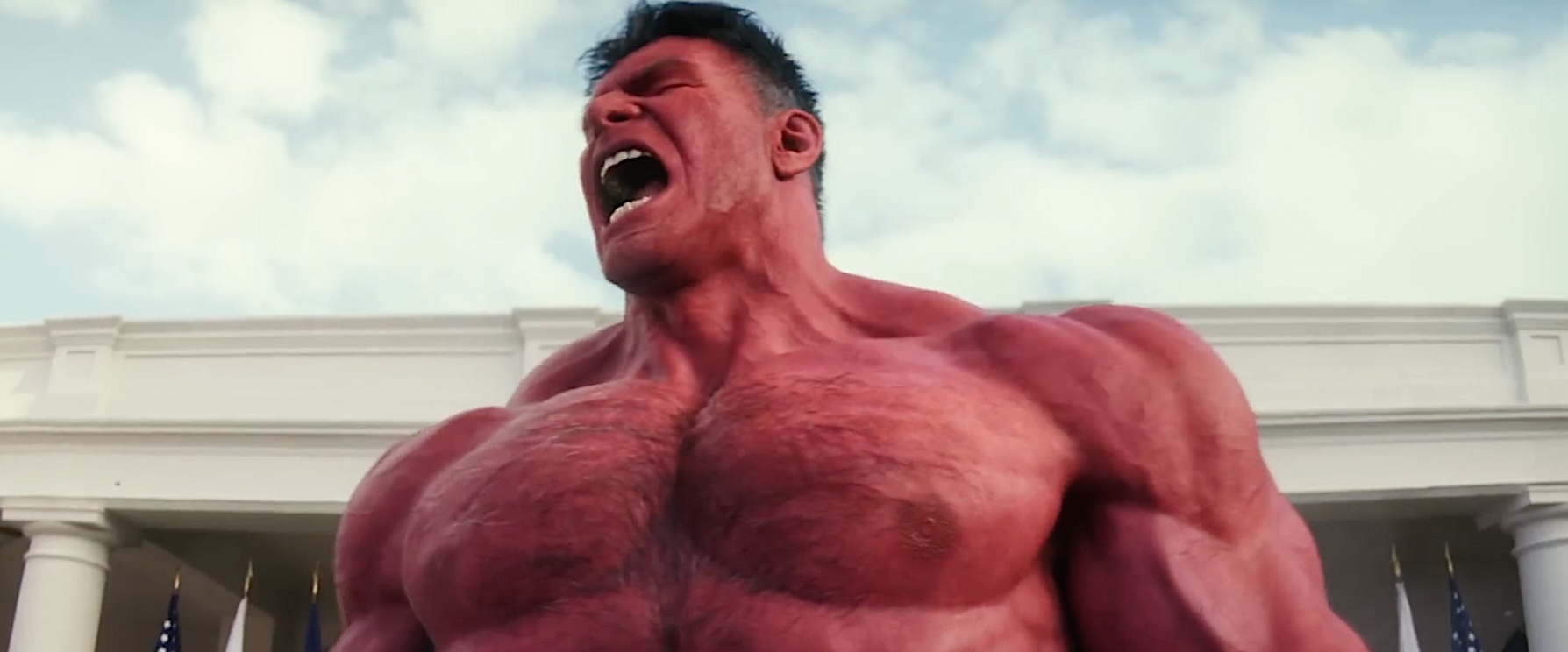Bill Maher is famous for two things: Being the host of Real Time with Bill Maher, an HBO talk show where the alleged comedian smugly articulates his brand of centrism opposite often-reasonable guests; and crafting a public persona best described as “huge fucking asshole.” Because of these two things, it wasn’t particularly surprising when the host announced last week via social media that he would be bringing the show back, “sans writers or writing.” This was a nonsensical claim, a bit of semantic tomfoolery meant to dress up a clear violation of the ongoing Writers Guild of America strike as anything but. What is surprising is that Maher has since walked that decision back.
In a follow-up post Monday, Maher announced that he would “delay the return of Real Time, for now,” and said that he had made his initial decision “when it seemed nothing was happening and there was no end in sight” to the strike. A return to negotiations, per Maher’s statement, is why he changed his tune.
My decision to return to work was made when it seemed nothing was happening and there was no end in sight to this strike. Now that both sides have agreed to go back to the negotiating table I’m going to delay the return of Real Time, for now, and hope they can finally get this…
— Bill Maher (@billmaher) September 18, 2023
Broken clocks and Bill Maher both do occasionally have valid points. This week does legitimately seem to bring the first signs of real progress in the writers’ strike, as the WGA and the Alliance of Motion Picture and Television Producers (AMPTP), which represents the Hollywood studios, have announced that both parties have confirmed a schedule to resume bargaining this Wednesday. It’s the end of a long pause in negotiations after a stalemate was reached in August, and the hope is the two sides will be closer to an agreement this time around.
Maher is notably not acknowledging the 180° made by other talk shows that also voiced aspirations to return last week, like The Drew Barrymore Show, The Talk, and The Jennifer Hudson Show. Of the three, Barrymore’s show — perhaps because of its star’s social media popularity and unusually warm talk show candor — received the most scrutiny for crossing the picket line in a weeklong media debacle that’ll probably result in some kind of podcast someday.
Barrymore’s position is actually much more complicated than Maher’s. As a syndicated daytime talk show, The Drew Barrymore Show has contractual agreements with all of the affiliate stations that air it regionally, unlike primetime talk shows, which are, generally speaking, fully owned by their national network. Bafflingly, Barrymore never brought this up — only analysts at trade publications did — and it doesn’t sever the Gordian knot of ethical and moral obligations Barrymore has to the writers on strike (SAG-AFTRA, the actors’ union also on strike, has cleared hosts for hosting duties while their strike is ongoing).
Like Bill Maher, Drew Barrymore has a brand — the complete opposite brand of Maher’s, but a brand nonetheless. And when your brand is warm, affable humanity, that means that callous indifference to worker solidarity can threaten that brand, making it vulnerable to public pressure to walk the walk and not just talk the talk. This is how solidarity works in labor movements: A critical mass of workers picketing is a reminder that all workers are united in a cause, which ideally gives others not directly involved the opportunity to add their voices to the call for more equitable working conditions.
This is how public pressure can lead to progress. Perception is powerful, and while we can’t be sure if Barrymore’s postponed return is the direct reason that The Talk, The Jennifer Hudson Show, and now Real Time have all seemed to follow suit, no one wants to be left holding the bag. Unless, like The View, you have already decided that you are going to just live inside the bag and make the bag your entire personality.








